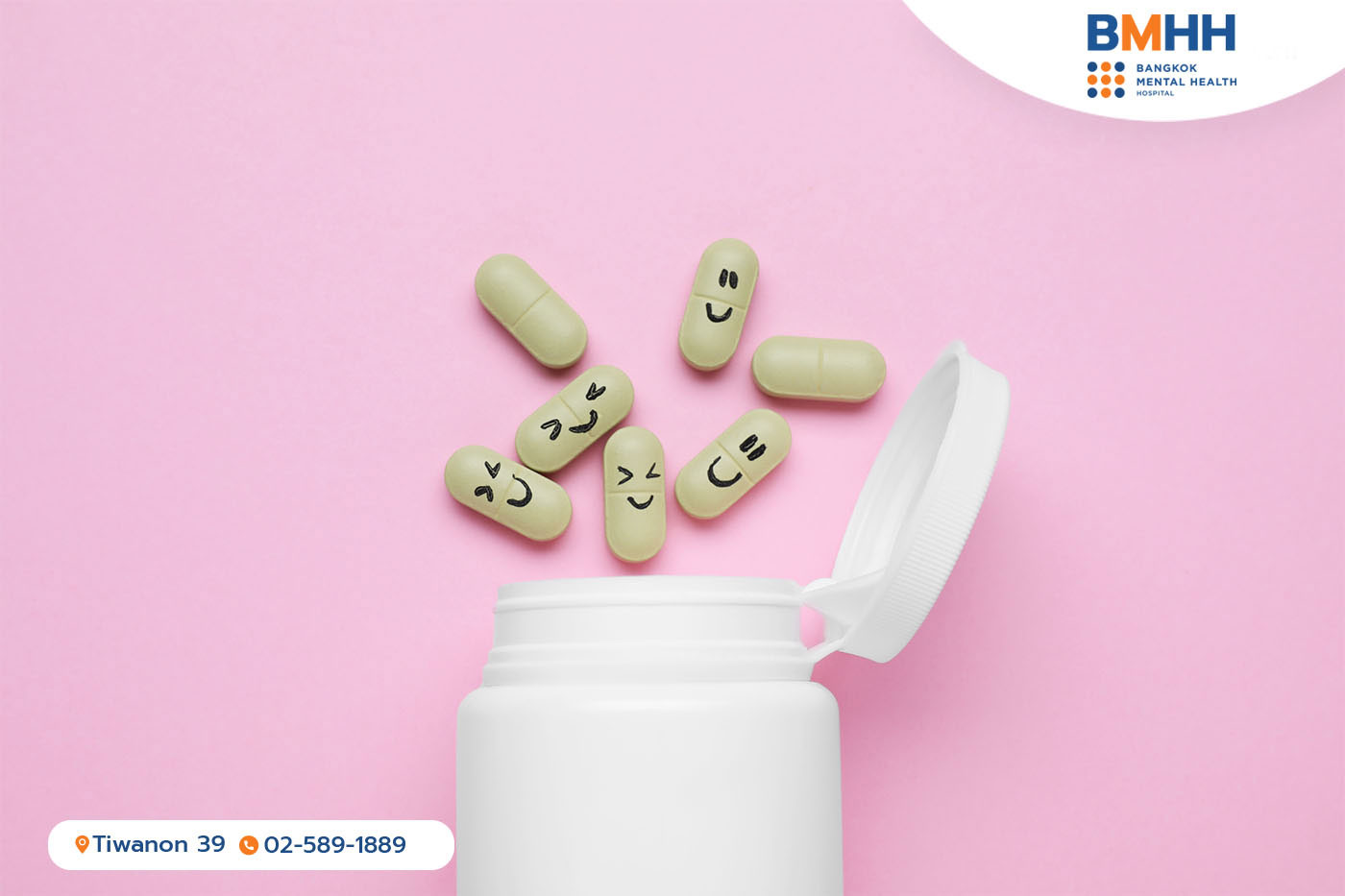
- What are antidepressants?
Antidepressants are medications used to treat depression and other conditions as approved by the Food and Drug Administration, such as bipolar disorder, eating disorders, anxiety disorders, obsessive-compulsive disorder, panic disorder, post-traumatic stress disorder, and social anxiety disorder. They can also be used for other conditions like chronic pain, migraines, and insomnia. - How do antidepressants work?
Antidepressants work by balancing the levels of chemicals in the brain, or neurotransmitters, leading to improved mood and behavior. Since there are various neurotransmitters in the brain, there are different groups of antidepressants, and each one uniquely affects the brain. Research suggests that antidepressants can increase the number of brain cells and strengthen them. - How are antidepressants used?
Antidepressants come in various forms, including tablets swallowed with water, dissolvable tablets, and liquids. Initially, doctors prescribe the lowest effective dose for treatment and gradually increase it based on the severity of the condition. - How long does it take for antidepressants to work?
It takes several weeks, around 2-4 weeks, for antidepressants to become effective. You might see improvements in mood with a decrease in negative emotions. Improvements in concentration and memory typically follow mood improvement and take several months. Some antidepressants can improve sleep, with noticeable effects from the first dose. - Do I need to take medication for life?
The minimum recommended duration of treatment is 6 months after symptom improvement. However, in cases of relapse, chronic depression, severe depression with suicidal tendencies or requiring hospitalization, or a family history of mental illness, continuing medication might be considered to prevent recurrence. - Will medication help?
Just like any other medication, the response to antidepressants varies from person to person. This means the treatment outcome, dosage used, and side effects will differ for each individual. Psychiatrists will choose the most suitable medication for each patient. In addition to medication, psychotherapy is often used with treatment for depression for better results. - What are the side effects of antidepressants?
The side effects of antidepressants vary depending on the specific medication. Even the same medication from different manufacturers might have different side effects or effectiveness. These side effects can include nausea, loss of appetite or increased appetite, constipation, headache, dizziness, dry mouth, throat dryness, drowsiness, or difficulty sleeping, and decreased sex drive. Although side effects might be more prominent when you first start taking the medication, they usually lessen over time. Patients can inform their doctors about any side effects. If the side effects are unbearable, the doctor might consider switching medications. - Do antidepressants cause weight gain?
There are some antidepressants that can cause weight gain and others that can cause weight loss. Weight gain might not solely be caused by the medication. Other factors can come into play. For example, some people experience significant weight loss during depression. Once they start treatment and their symptoms improve, they might regain their appetite, leading to weight gain due to a return to normal mood and eating habits or weight gain associated with aging and a decrease in metabolism. If weight gain is a concern, discuss it with your doctor to possibly avoid medications known to cause weight gain. However, if a specific medication is necessary, weight management can be achieved through diet and exercise. - How can I know if the antidepressants I’m taking are right for me?
Feeling overall better and experiencing manageable side effects are indicators that the medication might be working. - Can I take medication while pregnant?
The decision to take antidepressants during pregnancy is complex and requires consultation with a doctor. There are some risks associated with taking antidepressants during pregnancy, but there are also risks associated with untreated depression. Your doctor will help you weigh the risks and benefits to make the best decision for you and your baby. - Can I drink alcohol while taking antidepressants?
It’s generally not recommended to drink alcohol while taking antidepressants. Alcohol or other substances can worsen the condition. Additionally, alcohol can interact with antidepressants and increase the risk of side effects. - Are antidepressants addictive?
Antidepressants are not addictive. They do not cause physical dependence or withdrawal symptoms.Despite their effectiveness in treating depression, antidepressants should be used strictly under the supervision of a physician to ensure maximum safety and efficacy.
Nattapach Lamliangpon, M.D.
Adult Psychiatrist
Related Articles

Histrionic Personality Disorder
Individuals with Histrionic personality disorder (HPD) often exhibit dramatic and highly emotional behaviors, as their self-worth is largely dependent on the approval and validation of others. Although the theatrical nature of HPD can sometimes appear charming, it often masks a distorted self-image and can lead to significant difficulties in personal relationships and daily life. It’s one of […]

Schizoid Personality Disorder
Schizoid personality disorder is a mental health condition characterized by a persistent pattern of detachment from social relationships and a limited range of emotional expression. Individuals with this disorder often appear distant, aloof, and may have little desire for close friendships or romantic connections. Unlike some other mental health conditions, a person with schizoid personality […]

Bulimia Nervosa
Bulimia nervosa is a serious eating disorder and it can become life-threatening if left untreated. People with bulimia often have a distorted view of their body and an intense fear of gaining weight. This can lead to a cycle of binge eating and compensatory behaviors, such as self-induced vomiting or excessive exercise, in an attempt to control […]
Talk to Doctor
Call Us
Line BMHH